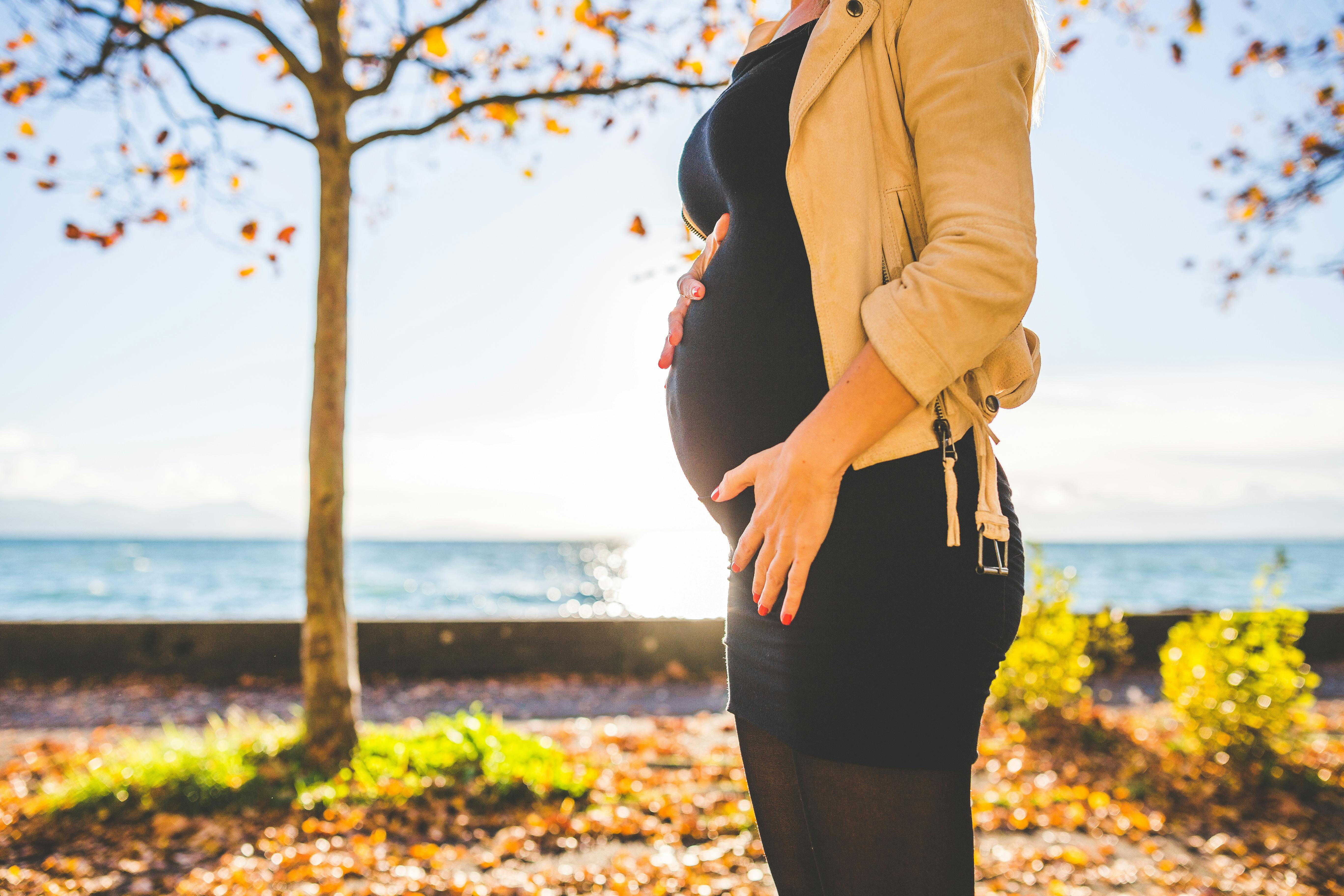What are the Complications of a High Risk Pregnancy?Posted by Dipali Roy on April 4th, 2018 A high-risk pregnancy is one that could cause health complications to the mother and/or the baby. These kinds of pregnancies require close monitoring by a specialist for the wellbeing of the mother and the baby. Risk factors for high-risk pregnancies include age (mothers below 17 years and those above 35 years have high-risk pregnancies), hypertension, STDs, diabetes, genital tract abnormalities, maternal weight, history of stillbirth or birth injury and others.
Image Source: pexels Cesarean birth Cesarean section is surgery to deliver a baby in which a baby is taken out through the abdomen. C sections are done when some risk factors come into play. Some of them include distress to the baby, improper position of the baby in the uterus, and not enough room for the baby to go through the vagina. These complications are more common in mothers carrying twins. The surgery ensures a safe delivery but a C section takes longer to heal than a vaginal delivery. Nevertheless, mothers who have had a C-section can still have a vaginal birth later. Perineal tearing It refers to the ripping of the skin and tissue structures that separate the vagina from the anus.This occurs in 85 % of high-risk deliveries. Hyperemesis Gravidarum This is the persistent and severe vomiting in pregnant women, causing dehydration and electrolyte imbalance. It is more server than the morning sickness. This eventually causes eating disorders that may result in premature birth. Women with eating disorders are also at a high risk of postpartum depression. Ectopic pregnancy The embryo is implanted and starts to develop outside the uterus. It is caused by risk factors such a smoking, maternal age above 35 years and previous damage to the fallopian tubes. The most viable mediation for this complication is normally abortion to prevent injury to the mother. Placental abruption In this complication, the placenta separates itself from the uterus. This calls for immediate delivery if the baby is mature enough.In less severe cases, however, the situation can be treated and closely monitored in the hospital. Placental abruption is caused by risk factors like hypertension, alcoholism, and smoking during pregnancy. Pelvic girdle pain Different pain drivers from the central and peripheral nervous system to muscle stiffness and injury to ligament structures manifest this disorder. Gait and weight bearing become a challenge for these women. However this condition heals itself a few weeks after delivery in most cases, but in some, it becomes a lifelong problem. Around 8% of women become severely disabled from this condition. High blood pressure High blood pressure puts a woman and her baby at health risks. The possibility of preterm birth and low birth weight is also heightened with a sure case of placenta abruption. High blood pressure complications in women include: Preeclampsia This is a pregnancy disorder characterized by high blood pressure and huge amounts of protein in the urine. On the other hand, may result in kidney dysfunction and liver breakdown, shortness of breath and trouble seeing. Eclampsia It is manifested by seizures in a patient with preeclampsia. It affects 1 percent of pregnancies. Acute fatty liver of pregnancy This is another complication that sometimes comes with preeclampsia. It is a rare complication occurring in one of 7000 pregnancies. Depression Many women experience depression during and after pregnancy. This is manifested in a sad mood, loss of interest in fun, poor appetite, and irregular sleeping habits, feelings of guilt, shame and worthlessness. Depression before pregnancy is a risk factor for postpartum depression. Deep vein thrombosis This is the most common complication causing many maternal deaths in developing countries. Deep vein thrombosis in expectant women is caused by pregnancy-induced hypercoagulability as physiological a response to excessive bleeding at childbirth. Disease infection There is increased the risk of infections in high-risk pregnancies. This is mainly due to increased immune tolerance in pregnancy to prevent an immune reaction against the fetus. It can also be caused by changes in maternal health including urinary stasis and decrease in respiratory volumes. Common infections include herpes simplex, malaria, hepatitis E, and influenza. Some infections can affect the child as well. Premature birth This is the birth of a baby at less than 37 weeks of pregnancy. Premature infants are at a higher risk of delays in development and hearing problems among other health conditions. Postpartum birth is caused by prenatal cocaine exposure. Other risk factors for this complication include diabetes, high blood pressure, obese and underweight among other factors. Like it? Share it!More by this author |



